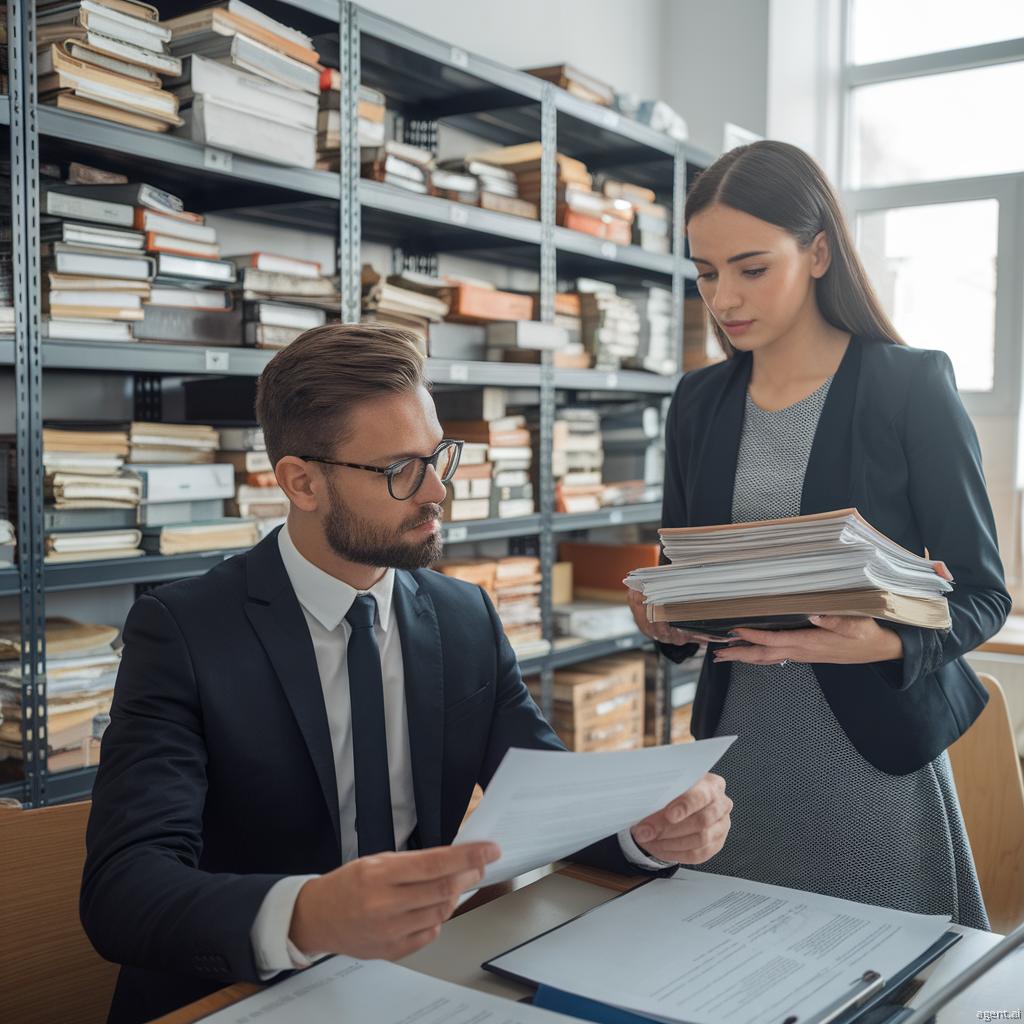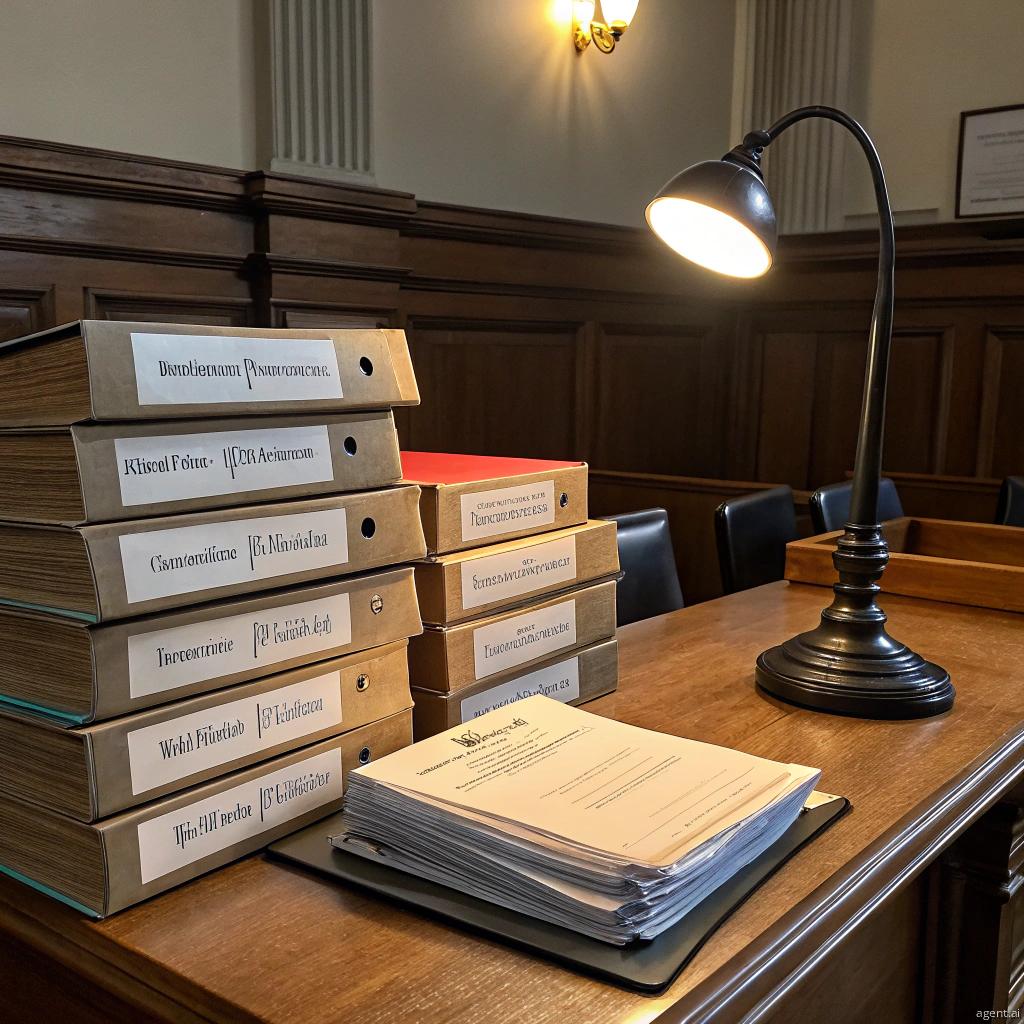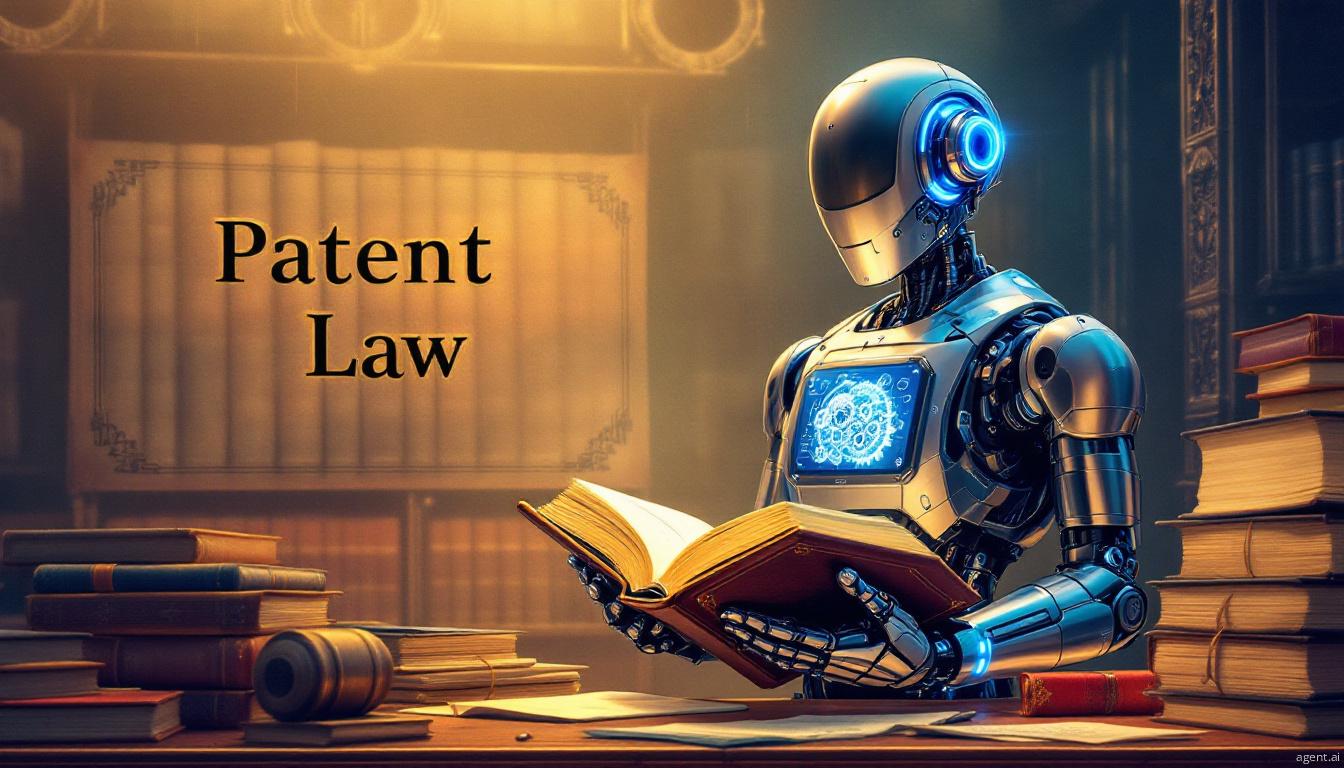wrongful actions taken by a (un)supervised paralegal.
courts of Florida have sanctioned attorneys and Law Firms
The term 'UPL' refers to the "Unlicensed Practice of the Law" and under the Florida Bar pursuant to Article XVI. Using the Henderson v. Pac. Gas & Elec.Co. case cited in some legal books, we determine that in the State of Florida courts have held a supervising attorney bound by the actions of a paralegal and/or individuals practicing without a license, collecting fees and did not perform.
The court outlined specific limitations on the activities of out-of-state lawyers working in Florida for the firm, including:
* Restrictions on providing legal advice on Florida law.
* Requirements for supervision by Florida Bar members.
* Limitations on permanent employment of non-Florida Bar members.
The court also defined activities that would be permitted, such as:
* Providing legal advice on federal law.
* Giving legal advice on the law of other jurisdictions.
* Assisting Florida Bar members with legal work.
The court emphasized the importance of adhering to the Florida Code of Professional Responsibility and maintaining transparency in all communications.
Conclusion
In essence, the court sought to balance the interests of Florida residents in receiving legal services with the need to protect the integrity of the Florida Bar and prevent the unauthorized practice of law.
This case provides a framework for how out-of-state law firms can operate in Florida while complying with ethical and legal requirements.
Citations:
Introduction to Interviewing and Investigating
















